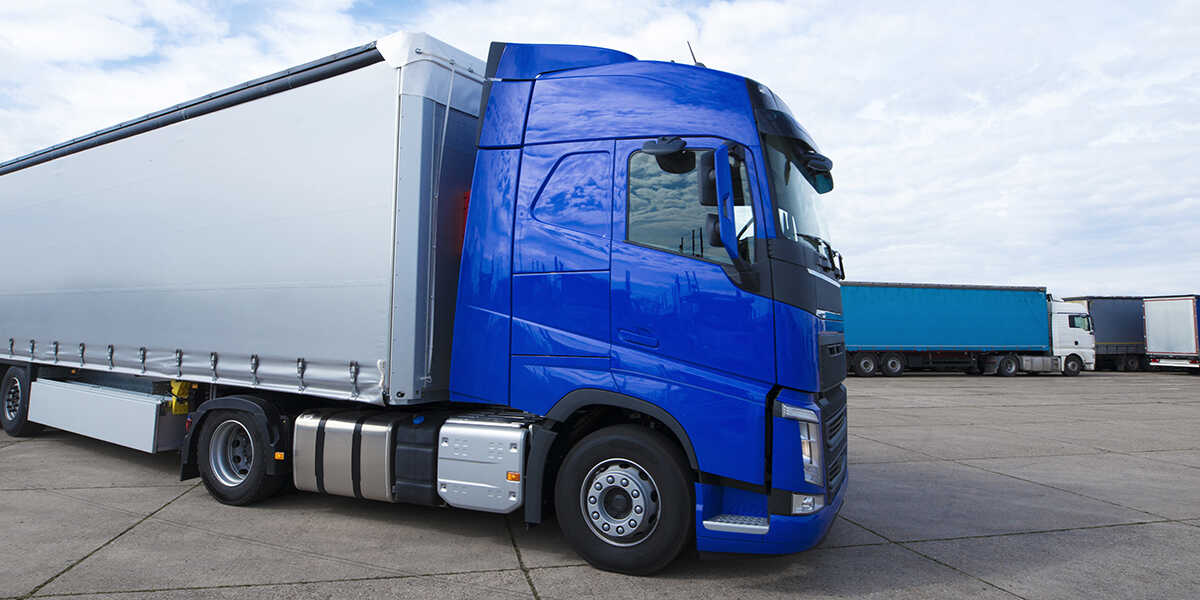6 Things You Need To Know About UCR

Unified carrier registration, or UCR, is a federally mandated program all motor carriers must register for and comply with. Failure to do so will result in steep fees, especially if you're fined more than once. Not every state is part of the federal program, so understanding who should and shouldn't register can get murky.
FMCA Filings will guide you through the unified carrier registration process so you don't make any mistakes. Whether you need to file your UCR registration for 2024 or 2025, we'll make it easy. Keep reading to learn important information you need to know.
1. UCR Compliance Applies to Anyone Hauling Goods From Another State
Unified carrier registration was designed to include almost anyone handling international or interstate commerce. You must complete registration if:
- You are a motor carrier hauling cargo across international or state borders.
- You are a company or freight forwarder that arranges to ship or receive goods from another state or country.
- You deliver goods via train or other method from a different state or country.
- The cargo you're carrying within your state came from another state or country.
- You cross a state line or country border while delivering within your own state.
- You are a leasing company providing trucks to cargo-hauling companies or individuals.
Washington D.C. and nine states do not participate in the UCR program, including Arizona, Florida, Hawaii, Maryland, Nevada, New Jersey, Oregon, Vermont, and Wyoming. However, you still must complete unified carrier registration to deliver or receive cargo from other states.
2. Motor Carriers in Non-UCR Participating States Must Register Annually
Unified carrier registration expires every year. You must renew your registration by December 31 prior to the year you're registering for. If you're registering for 2025, complete it by December 31, 2024.
If you choose not to register or you forget and you're caught in a different state with cargo, you will have to pay high fines, especially if this has already happened to you once before. Always complete registration before the year ends to avoid expensive mistakes.
3. Failure To Register Is Expensive
If you miss the date for registration renewal, expect hefty fines if you're pulled over in another state with cargo. The fines will depend on the state, but expect anywhere from $100 to $5,000 for first-time offenders, and they may detain your vehicle. Your fine price could triple on future offenses.
If your company doesn't seek UCR renewal on your behalf, it's in your best interest to do it yourself, as the driver is usually responsible for the fees. FMCA Filings makes it easy for individuals to renew their registration.
4. Fees Depend on the Number of Trucks in Your Fleet
UCR fees will depend on the state reporting your registration. The program has six tiers ranging from two or fewer trucks to 1,001 or more.
Freight forwarders, leasing agents, and brokers will fall into the first categories, as they must register despite not carrying cargo or having trucks themselves.
5. UCR Fees Fund Safety Programs and Initiatives
The Federal Motor Carrier Safety Administration (FMCSA) is the federal organization that implemented the UCR. They use the fees to train officers in the US Department of Transportation (USDOT) and fund other highway safety initiatives and programs.
6. Keep UCR Records for at Least Two Years
Keep your unified carrier registration papers for two years after you filed them or their due date, depending on which date is later. You can keep your files on paper or stored digitally.
You may need two forms of documentation:
- UCR-1: You will file this form if you subtract vehicles that are only used to haul cargo on interstates. It will include a list of the vehicles subtracted from your total number of vehicles.
- UCR-2: You will file this form if the number of vehicles is determined by how many you owned on June 30 of the calendar year, and if it puts you in a lower UCR bracket than what your last MCS-150 form shows.
Keep these files on hand for state reporting or inquiry purposes. Failure to prove that you had up-to-date records for the past two years could result in fines.
FMCA Filings Makes Unified Carrier Registration Easy
Unified carrier registration can be complicated to understand, especially if you have unique situations that are not clearly spelled out by the FMCSA. Getting these forms wrong could cost you or your business thousands of dollars, so contact FMCA Filings to do it right. We'll help you get the proper forms you need and fill them out correctly so you don't get in trouble with your state or government.
Remember, anyone who handles cargo from a different state or country must complete unified carrier registration, even if you only cross a state line while carrying goods from one city to another in the same state.